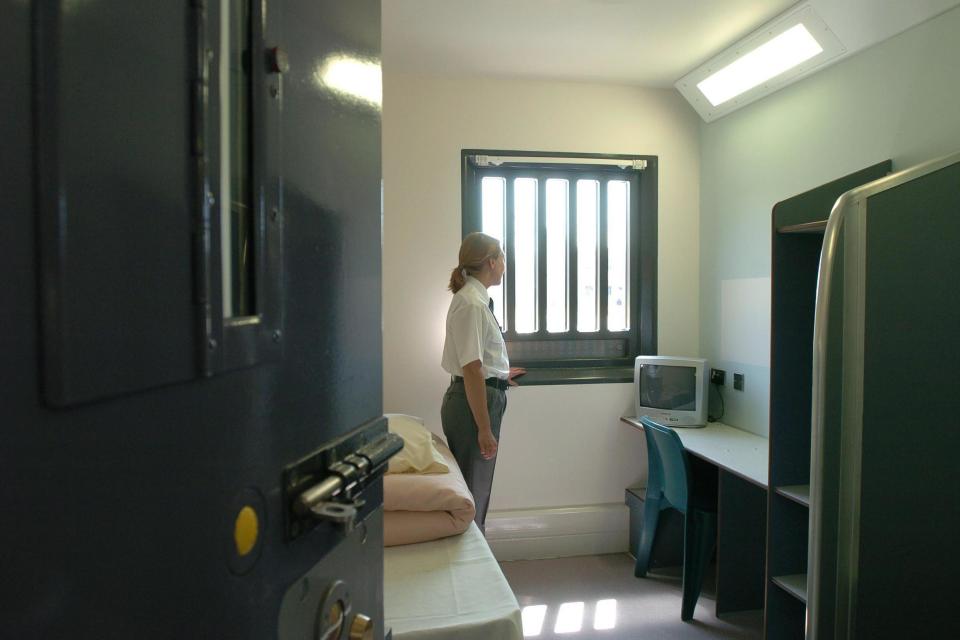Women who leave prison ‘face life of abuse and homelessness’ due to housing shortage, watchdog warns

Inmates from London’s only women’s prison are being freed to a life on the streets and the risk of abuse because of a “desperate shortage” of housing to help them rebuild their lives, a watchdog warned today.
The Independent Monitoring Board for Bronzefield prison said up to 60 per cent of its inmates were being released with nowhere to live despite often being “vulnerable” and having addiction, mental health or other problems.
Many were “living rough” where they were “open to abuse”. They end up back in jail in a “worsened state” after committing new offences. Others were returning to “abusive relationships and unsuitable accommodation”.
It is the latest illustration of the problems caused by London’s housing shortage and the way in which the lack of suitable accommodation for freed prisoners can undermine rehabilitation.

Bronzefield is the capital’s last all-women prison after Holloway closed in 2016. In today’s report, the monitoring board said staff at the prison at Ashford, near Staines, often “perform above and beyond” what would be expected in trying to help the women sort out their lives. However, it said their efforts were often undone by the failure to find homes for them when they were released.
The report states: “There is a desperate shortage of hostel and social housing. So many of these women could end up on the streets living rough and open to abuse.”
It added that when a prisoner does have an address to go to, its suitability was not checked. This meant that “there are prisoners who are released back into abusive relationships and unsuitable accommodation” because “they have nowhere else to go”.
The report also criticised the “dramatic” rise in the number of freed inmates who were returned to prison briefly for often “minor” infringements of the terms of their release.
It said that this could result in the loss of “employment, and possibly accommodation and personal possessions”, creating a “disproportionate” cost to both the prisoner and the prison, which had too little time to do anything constructive with the women before they were freed again.

 Yahoo News
Yahoo News 